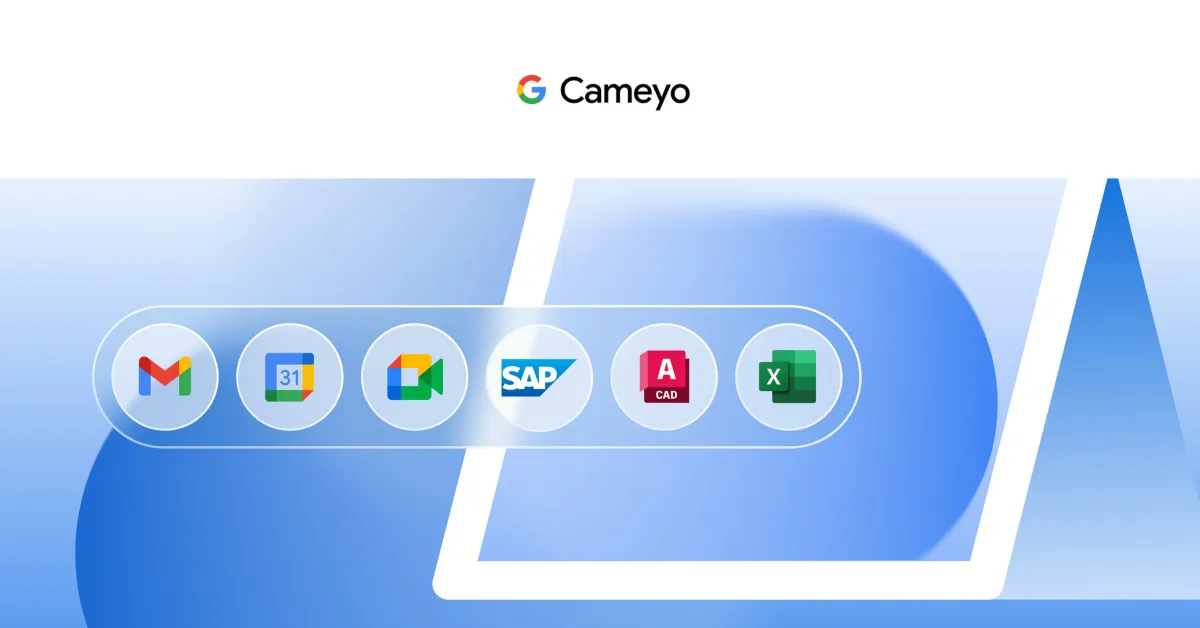Copyright 9to5Google

Google is giving Cameyo, the software virtualization company it bought last year, a reboot to make it easier to run Windows apps on ChromeOS, but the timing is more than a little odd. Before being purchased by Google, Cameyo had built a “Virtual App Delivery” platform that made it a lot easier to bring Windows apps over to ChromeOS. It works by streaming the app to your machine through a web app, but while giving full access to the native file system of your Chromebook, and even its clipboard. It’s been a bit quiet ever since, but now Google is announcing an expansion. Google is relaunching Cameyo as “Cameyo by Google” to make it possible to stream just individual Windows apps rather than a full virtual desktop, and run those side-by-side with other apps on ChromeOS. It’s all very much focused on the enterprise, though, rather than everyday users. Advertisement - scroll for more content Google explains the experience saying: With Cameyo, those legacy Windows or Linux apps can either be streamed in the browser or delivered as Progressive Web Apps (PWAs) to give users the feel of using a native app in its own window. This allows users to run critical legacy applications — everything from specialized ERP clients, Windows-based design programs like AutoCAD, the desktop version of Excel, and everything in between — and access them alongside their other modern web apps in the browser, or access them side-by-side with the other apps in their system tray as PWAs. For the user, the experience is seamless and free from the context-switching of managing a separate virtual desktop environment. For IT, the complexity is eliminated. For organizations that have been looking for a more secure alternative to Windows in the wake of years of security incidents, outages, and forced upgrades to the next Windows version, Cameyo now makes it possible for IT to migrate to ChromeOS — including the use of ChromeOS Flex to convert existing PCs to ChromeOS — while maintaining access to all of their Windows apps. For years, the primary blocker for deeper enterprise adoption of ChromeOS has always been the “app gap” — the persistent need to access a few remaining Windows applications within an organization. Cameyo eliminates this blocker entirely, enabling organizations to confidently migrate their entire fleet to ChromeOS, the only operating system with zero reported ransomware attacks, ever. This comes at a strange time, though. Google has confirmed that it is working on Android PCs which will debut next year, while also previously having talked about how ChromeOS will be based more on Android. To say the future of ChromeOS is uncertain would be an understatement, but this announcement makes it seem like the platform could live on in the enterprise market. More on ChromeOS: Hands-on: Chromebooks are in a weird place, and Acer’s latest is a perfect example Google ending Steam for Chromebook support in 2026 Google specifies how it will be the ‘ChromeOS experience on top of Android’



